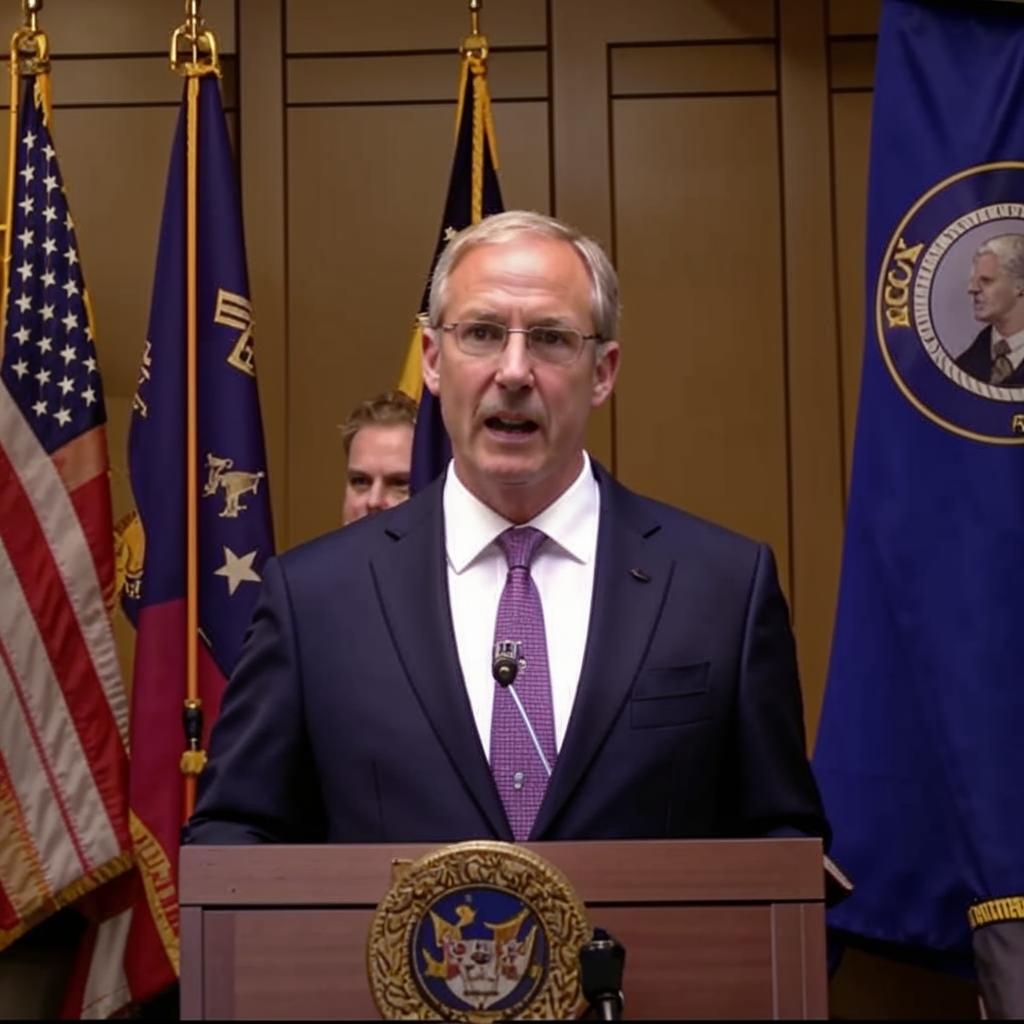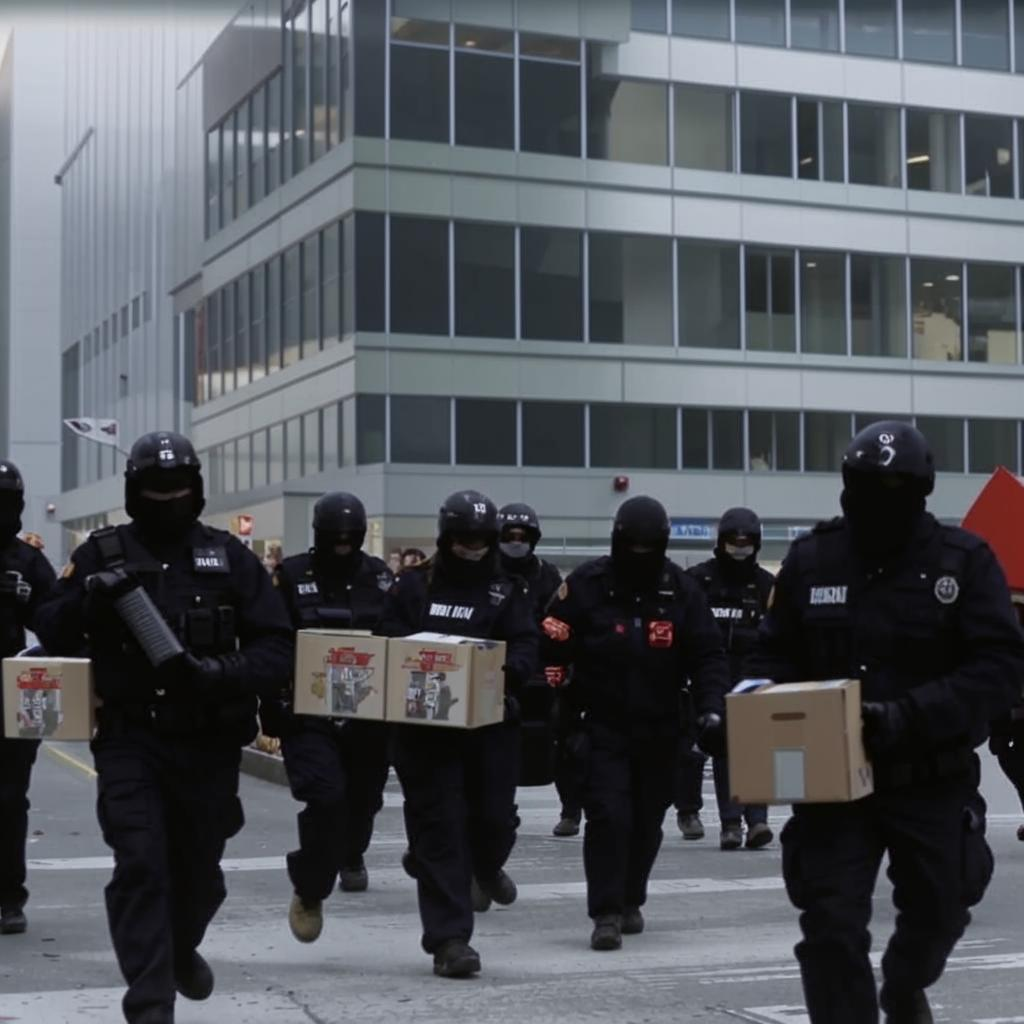The world is facing a deepening food security crisis, with climate change and conflict acting as major drivers of global hunger. Extreme weather events, such as droughts, floods, and heatwaves, are becoming increasingly frequent and intense, devastating crops and livestock. These climate-related shocks disproportionately affect vulnerable populations in developing countries, who often rely on agriculture for their livelihoods.
Compounding the problem are ongoing conflicts and political instability. Armed conflicts disrupt food production and distribution, displace communities, and create humanitarian emergencies. The war in Ukraine, for example, has disrupted global grain supplies, leading to soaring food prices and exacerbating food insecurity in many parts of the world.
The combination of climate change and conflict creates a “perfect storm” that threatens to reverse decades of progress in reducing hunger and malnutrition. Millions of people are already facing severe food shortages, and the situation is expected to worsen in the coming years. International cooperation and coordinated action are urgently needed to address the root causes of food insecurity and build more resilient food systems. This includes investing in climate adaptation measures, promoting sustainable agriculture practices, resolving conflicts peacefully, and providing humanitarian assistance to those in need. Without concerted efforts, the food security crisis will continue to escalate, leading to widespread suffering and instability. The future of our food supply is uncertain.















